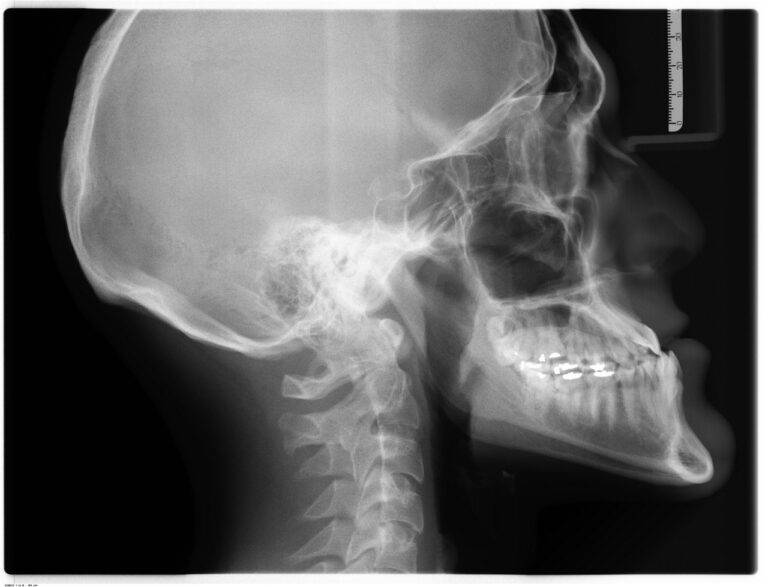AI in Drug Discovery: Accelerating Pharmaceutical Research
Artificial intelligence (AI) is revolutionizing the field of drug discovery by significantly expediting the process of identifying potential new drugs. One of the key advantages of AI is its ability to analyze vast amounts of data in a fraction of the time that it would take a human researcher, thus accelerating the identification of promising drug candidates. By utilizing machine learning algorithms, AI can predict how different compounds will interact with biological targets, leading to more efficient and targeted drug design.
Furthermore, AI technologies can help researchers uncover hidden patterns and relationships within complex biological datasets, offering new insights that may have been previously overlooked using traditional methods. This can enable scientists to develop more effective drugs with improved safety profiles and targeted mechanisms of action. In essence, the integration of AI in drug discovery holds great promise for transforming the pharmaceutical industry and ushering in a new era of precision medicine.
Challenges in Traditional Pharmaceutical Research
Traditional pharmaceutical research faces numerous challenges that impede the discovery and development of new drugs. One of the primary obstacles is the lengthy and arduous process of drug discovery, which can take up to 10-15 years from initial concept to market availability. This extended timeline is exacerbated by the high rate of failure at various stages of the research and development process, which leads to substantial financial losses for pharmaceutical companies.
Another significant challenge in traditional pharmaceutical research is the escalating costs associated with drug discovery and development. The cost of bringing a new drug to market is exorbitant, with estimates ranging from hundreds of millions to over a billion dollars. These escalating costs have forced pharmaceutical companies to prioritize developing high-profit margin drugs, often at the expense of researching treatments for less common or economically disadvantaged populations.
What are some of the challenges faced in traditional pharmaceutical research?
Some of the challenges include high costs, long timelines, high failure rates, and limited success in developing new drugs.
How can artificial intelligence help in drug discovery?
Artificial intelligence can analyze large amounts of data to identify potential drug candidates, predict their effectiveness, and optimize drug development processes.
Can traditional pharmaceutical research benefit from the integration of artificial intelligence?
Yes, by integrating artificial intelligence in traditional pharmaceutical research, researchers can streamline drug discovery processes, reduce costs, and improve success rates in developing new drugs.
Are there any limitations to using artificial intelligence in drug discovery?
While artificial intelligence shows promise in drug discovery, there are still challenges in data quality, interpretation of results, and regulatory approval that need to be addressed.
How can pharmaceutical companies overcome the challenges in traditional research?
Pharmaceutical companies can collaborate with technology companies, invest in AI-driven platforms, and adopt innovative approaches to drug discovery to overcome the challenges in traditional research.





